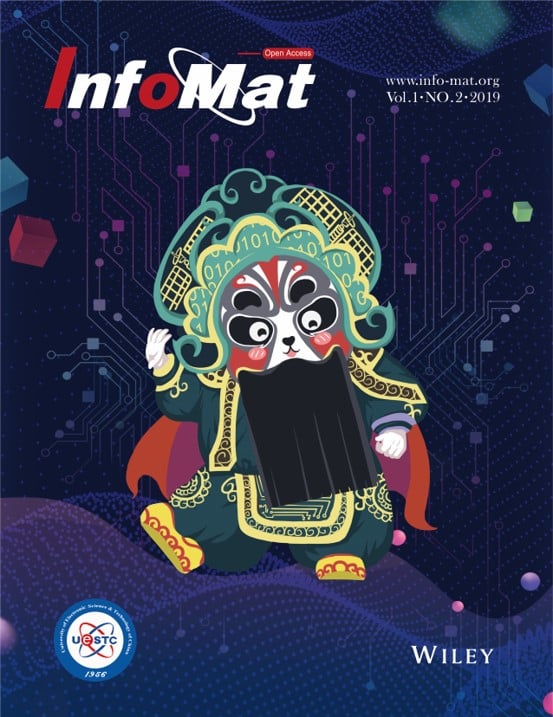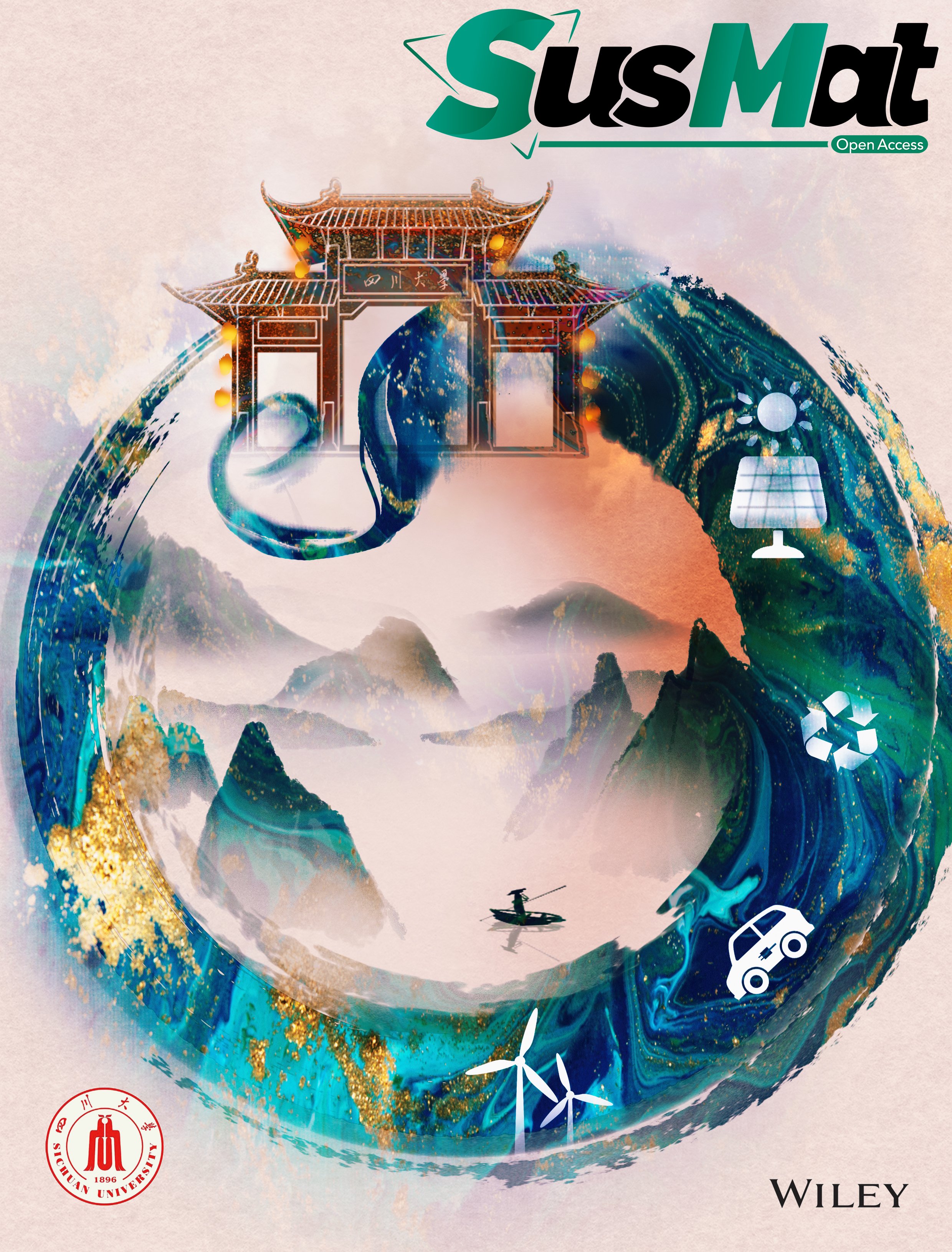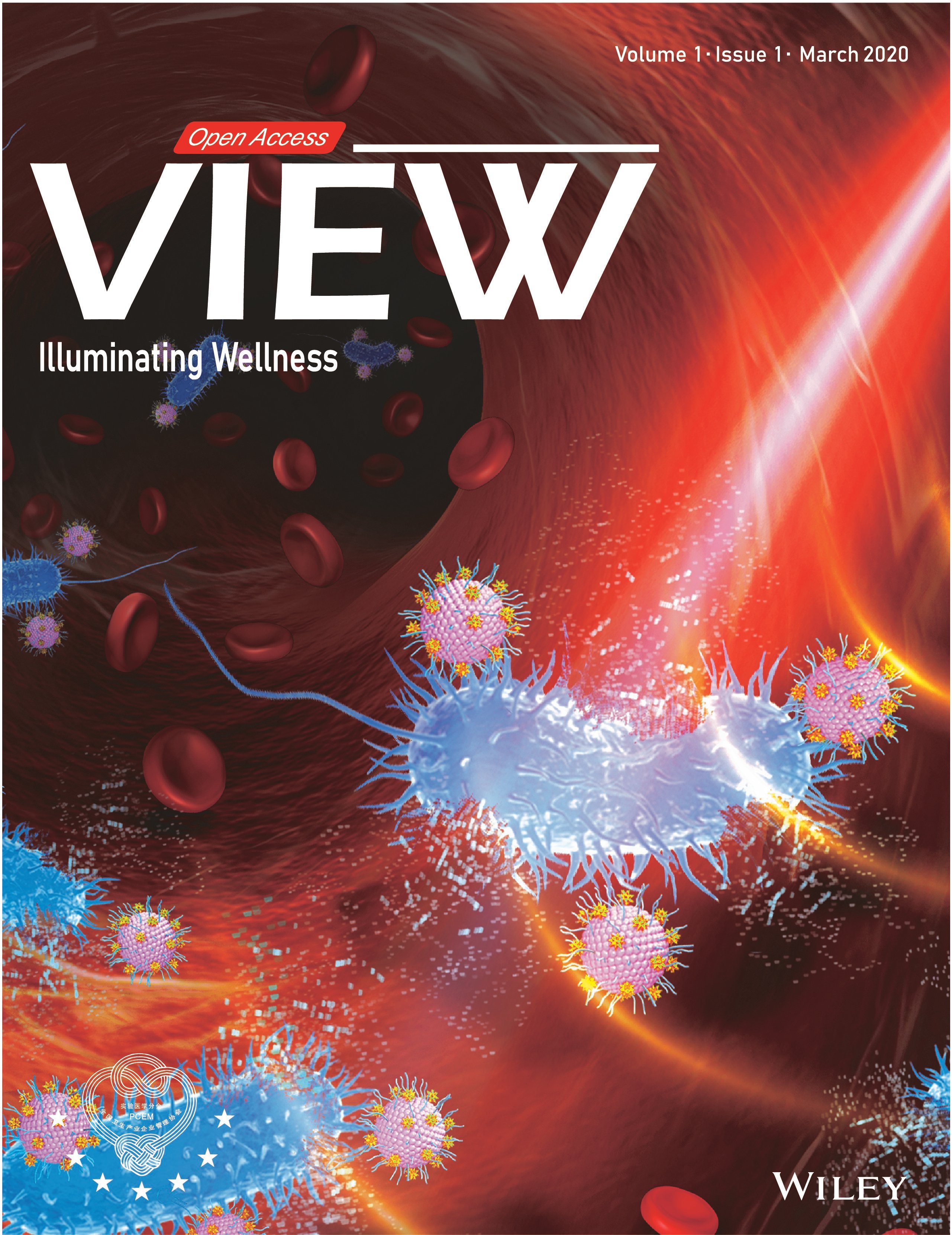Editorial Board
Editors-in-Chief
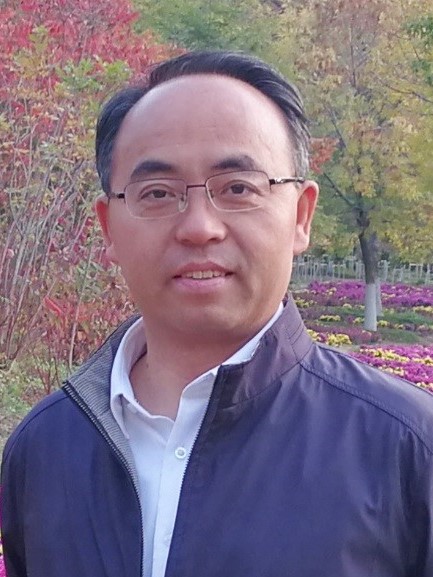
Wenping Hu
Tianjin University, Tianjin, China ![]()
Wenping Hu is a professor of Tianjin University and a Cheung Kong Distinguished Professor of Ministry of Education, China. He got his Ph.D. degree from Institute of Chemistry, Chinese Academy of Sciences (ICCAS) in 1999 supervised by Prof. Daoben Zhu and Prof. Yunqi Liu. Then he joined Osaka University and Stuttgart University as a research fellow of Japan Society for the Promotion of Sciences and Alexander von Humboldt Fellowship of Germany, respectively. In 2003 he worked in Nippon Telephone and Telegraph, and then joined in ICCAS again and was promoted as a full professor. He acted as the dean of School of Science, Tianjin University in 2013 and was promoted to vice president of the university in 2016. He served as a visiting scholar at Department of Chemistry, Stanford University in 2007, a visiting professor at Department of Chemistry, National University of Singapore in 2013. He focuses on organic optoelectronics, e.g., high mobility organic semiconductors, organic single crystals and organic field-effect transistors. He has published more than 500 peer-reviewed papers and won CCS-RSC Distinguished Young Scientist Award in 2009, Evonik Chemical Innovation Award in 2012 and National Natural Science Award of China in 2016.
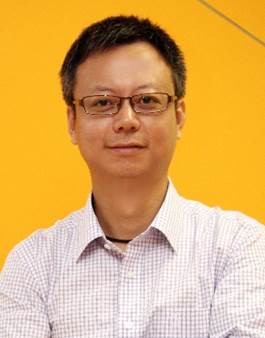
Hua Zhang
City University of Hong Kong, Hong Kong, China ![]()
Hua Zhang is the Herman Hu Chair Professor of Nanomaterials in City University of Hong Kong. He obtained his B.S. and M.S. degrees in Nanjing University in 1992 and 1995, respectively, and completed his Ph.D. with Prof. Zhongfan Liu in Peking University in 1998. As a postdoctoral researcher, he joined Prof. Frans C. De Schryver’s group at Katholieke Universiteit Leuven (Belgium) in 1999 and then Prof. Chad A. Mirkin’s group at Northwestern University in 2001. After he worked at NanoInk Inc. (USA) and Institute of Bioengineering and Nanotechnology (Singapore), he joined Nanyang Technological University (Singapore) in 2006. In 2019, he joined City University of Hong Kong. He was elected as Foreign Fellow of the European Academy of Sciences (2020), Academician of the Asia Pacific Academy of Materials (2015), and Fellow of the Royal Society of Chemistry (2014). He was listed in the "Highly Cited Researchers" (Clarivate Analytics, 2014-2019). His awards include the Vice-Chancellor’s International Scholar Award (University of Wollongong, 2016), ACS Nano Lectureship Award (2015), World Cultural Council (WCC) Special Recognition Award (2013), SMALL Young Innovator Award (Wiley, 2012), Nanyang Award for Research Excellence (2011), etc. His current research interests focus on the phase engineering of nanomaterials (PEN) and controlled epitaxial growth of heterostructures for applications in catalysis, clean energy, (opto-)electronic devices, nano- and biosensors, and water remediation. He has published more than 500 papers.
Associate Editors
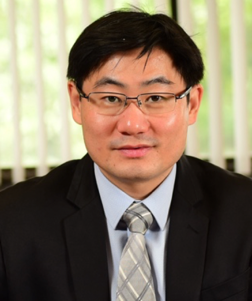
Wei Chen
National University of Singapore, Singapore, Singapore ![]()
Wei Chen is currently a Full professor in both Chemistry Department and Physics Department at the National University of Singapore (NUS), Singapore. He received his bachelor degree in Chemistry from Nanjing University (China) in 2001 and his PhD degree from the Chemistry Department at NUS in 2004, supervised by Prof Loh Kian Ping and Prof Andrew Thye Shen Wee. Then he joined the Department of Physics at NUS as a postdoc research fellow and Lee Kuan Yew research fellow, respectively. In 2009, he joined in NUS as an assistant professor and was promoted to a full professor. His current research interests include molecular-scale interface engineering for organic, graphene and 2D materials based electronics and optoelectronics, and interface-controlled nanocatalysis for energy and environmental research. He has published over 350 papers. Prof Chen is a receipt of 2008 IPS Omicron Nanotechnology Award, 2012 Singapore Young Scientist Award, 2020 Mitsui Chemicals-SNIC Industry Award, 2023 Singapore NRF Investigatorship, and selected as 2017-2019, 2021 Highly Cited Researchers from Clarivate Analytics.
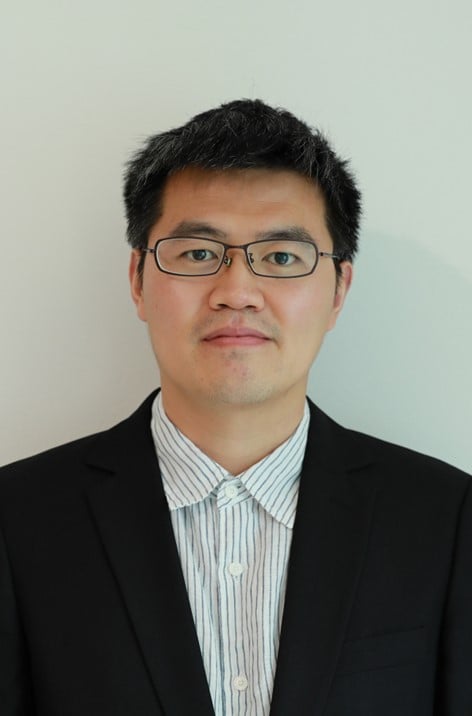
Fengwang Li
University of Sydney, Australia ![]()
Dr. Fengwang Li is a Senior Lecturer at the University of Sydney and Flagship Program Lead at the ARC Centre of Excellence for Green Electrochemical Transformation of CO2 (GETCO2). With a BS from Renmin University (2010), PhD from Monash University (2017) and postdoctoral training from the University of Toronto (2018–2020), his research focuses on electrochemical transformation of Earth-abundant feedstock into valuable chemicals and sustainable fuels, aiming for a net-zero emission future. Employing chemistry, materials science, and chemical engineering, he designs and optimises catalysts, develops innovative reactor systems for CO2 capture and conversion and green hydrogen/ammonia production, and uses advanced characterisation to understand reaction mechanisms. Dr. Li’s work bridges fundamental science and industrial application, contributing significantly to sustainable chemistry. He has published over 100 peer-reviewed articles in top journals, including Nature and Science, and is a Clarivate “Highly Cited Researcher” (2024, cross field). His accolades include the 2025 Australian Academic of Science Le Fèvre Medal, 2024 ARC Future Fellowship, RACI A.M. Bond Medal, 2023 winner of the Australian Museum Eureka Prize for Outstanding Early Career Researcher, 2021 MIT Technology Review 35 Innovators Under 35 (China), and 2020 ARC Discovery Early Career Researcher Award (DECRA).
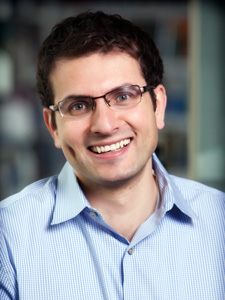
Khalid Salaita
Emory University, Atlanta, USA ![]()
Khalid Salaita is a Professor of Chemistry at Emory University in Atlanta, Georgia (USA). Khalid pursued his undergraduate studies at Old Dominion University in Norfolk, Virginia. He worked under the mentorship of Prof. Nancy Xu studying the spectroscopic properties of plasmonic nanoparticles. He then obtained his Ph.D. with Prof. Chad Mirkin at Northwestern University (Evanston, IL (USA) in 2006. During that time, he studied the electrochemical properties of organic adsorbates patterned onto gold films and developed massively parallel scanning probe lithography approaches. From 2006-2009, Khalid was a postdoctoral scholar with Prof. Jay T. Groves at the University of California at Berkeley (USA) where he investigated the role of receptor clustering in modulating cell signaling. In 2009, Khalid started his own lab at Emory University, where he investigates the interface between living systems and nanoscale materials. To achieve this goal, his group has pioneered the development of molecular force sensor, DNA mechanotechnology, and nanoscale mechanical actuators that are used to manipulate living cells. These materials are used to investigate the molecular mechanisms of a number of pathways where piconewton forces are thought to be important. These pathways include the Notch-Delta pathway, T cell receptor activation and the integrin-based focal adhesion pathway. In recognition of his independent work, Khalid has received a number of awards, most notably: the Alfred P. Sloan Research Fellowship, the Camille-Dreyfus Teacher Scholar award, the National Science Foundation Early CAREER award, and the Kavli Fellowship. Khalid’s program has been supported by NSF, NIH, and DARPA.
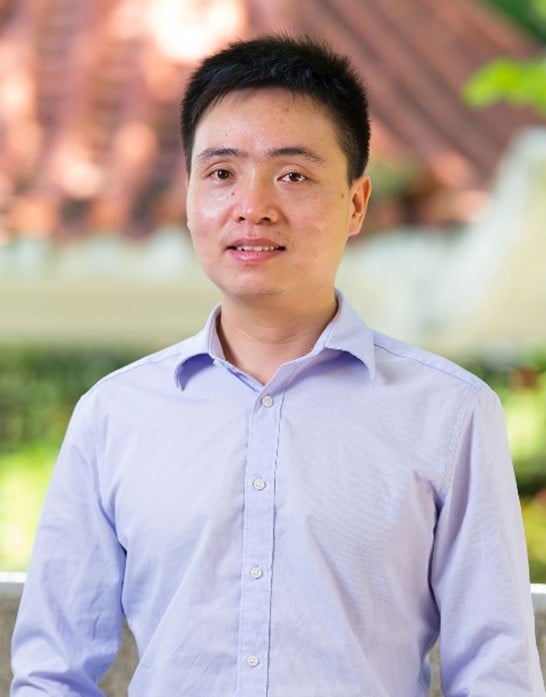
Chaoliang Tan
City University of Hong Kong, China ![]()
Dr. Chaoliang Tan is an Associate Professor (Tenured) in the Department of Electrical Engineering with a jointed appointment in the Department of Biomedical Engineering at City University of Hong Kong, HKSAR, China. He received his PhD degree in Materials Science from Nanyang Technological University (Singapore) with Prof. Hua Zhang in 2016. After working as a Postdoc Research Fellow in the same place for about one year, then he worked as a Postdoc Research Fellow in Department of Electrical Engineering and Computer Sciences at University of California, Berkeley with Prof. Ali Javey for two years. He started his independent career as an Assistant Professor at CityU EE in 2020. He was an Assistant Professor at the Department of Electrical and Electronic Engineering of The University of Hong Kong from 2023 to 2024 before he moved back to CityU EE as an Associate Professor. He has been elected as a Fellow of the International Association of Advanced Materials (FIAAM) in 2024. He has been listed as the “Highly Cited Researcher” (Clarivate Analytics) in the last 7 years (since 2018) as well as “Top 2% Scientists in the world” by Stanford University in last 5 years (since 2020). He also received the NSFC Excellent Young Scientist Fund (HK & Macau) in 2021. His current research interests are highly interdisciplinary including 2D materials, electronics, optoelectronics, neuromorphic devices, biomaterials and nanomedicine. He has authored or co-authored over 200 SCI papers (38 ESI Highly Cited Papers). The total citation of his published papers is over 35,500 with an H-index of 88. He serves as an Associate Editor of Smart Materials and Devices (since 2024). He sits on the Editorial Board of Science Bulletin (since 2023), Acta Physico-Chimica Sinica (since 2022), Nanomaterials (since 2023) and Energies (since 2021).
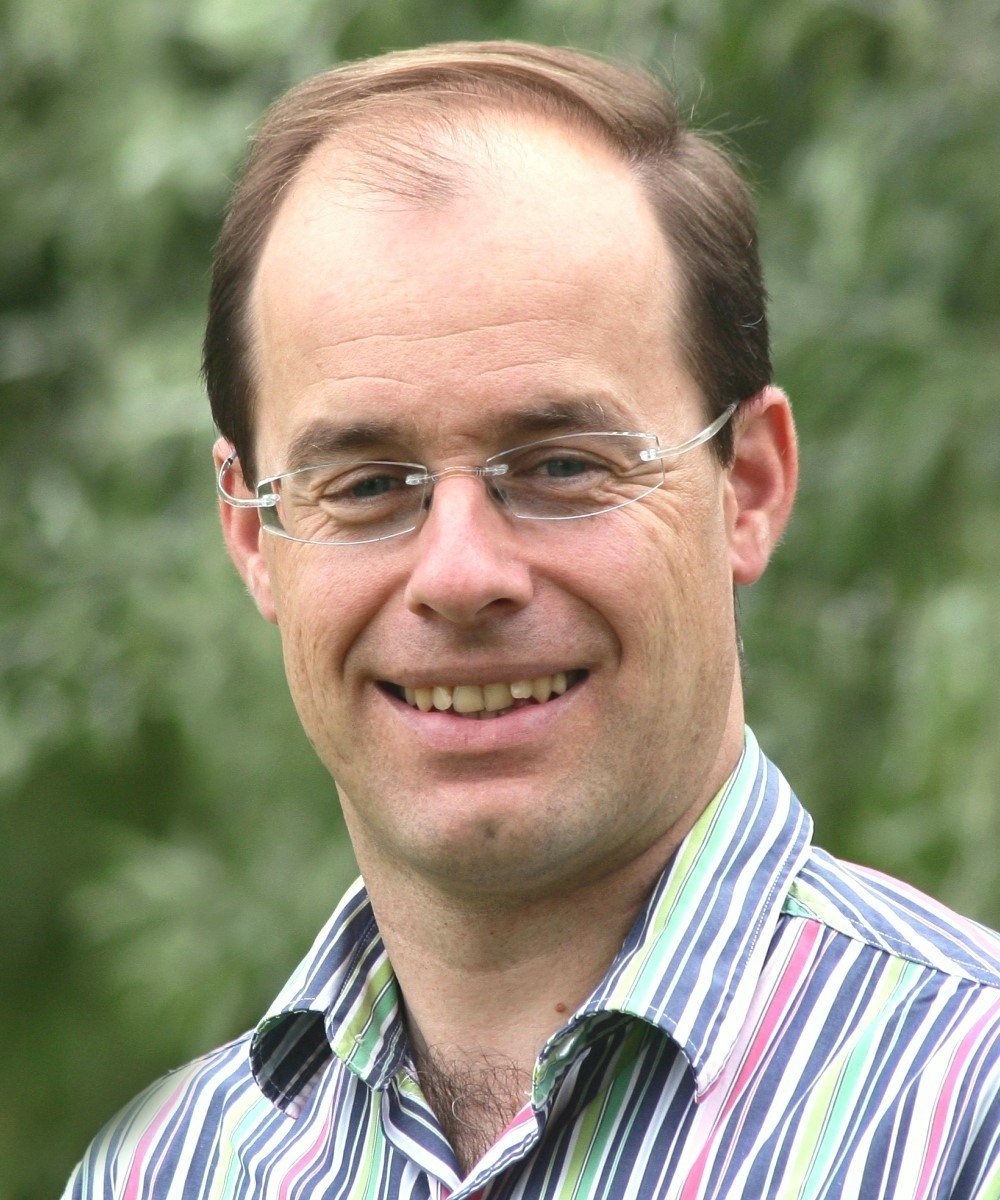
Henning Sirringhaus
University of Cambridge, Cambridge, UK ![]()
Henning Sirringhaus holds the Hitachi Professorship of Electron Device Physics at the Cavendish Laboratory and was awarded a Royal Society Research Professorship in 2020. He has an undergraduate and PhD degree in physics from ETH Zürich (CH). From 1995-1996 he worked as a postdoctoral research fellow at Princeton University (USA). He has been working in Cambridge on the charge transport physics of organic semiconductors and other functional materials since 1997. He is a co-founder of Plastic Logic/FlexEnable, a technology start-up company commercialising printed organic transistor technology. He is a Fellow of the Royal Society and a Fellow of the Materials Research Society, he won the Faraday Medal of the Institute of Physics in 2015 and the Hughes Medal of the Royal Society in 2013. His research interests include the fundamental scientific understanding of the charge and spin transport and thermoelectric physics of organic semiconductors, other carbon-based semiconductors as well as low-temperature processible hybrid organic-inorganic semiconductors. He is also interested in applications of these materials in flexible electronics, spintronics as well as thermoelectric waste heat conversion and thermal energy harvesting. He has published more than 350 papers and has an h-index of 100, 8 of this papers have been cited more than 1000 times.
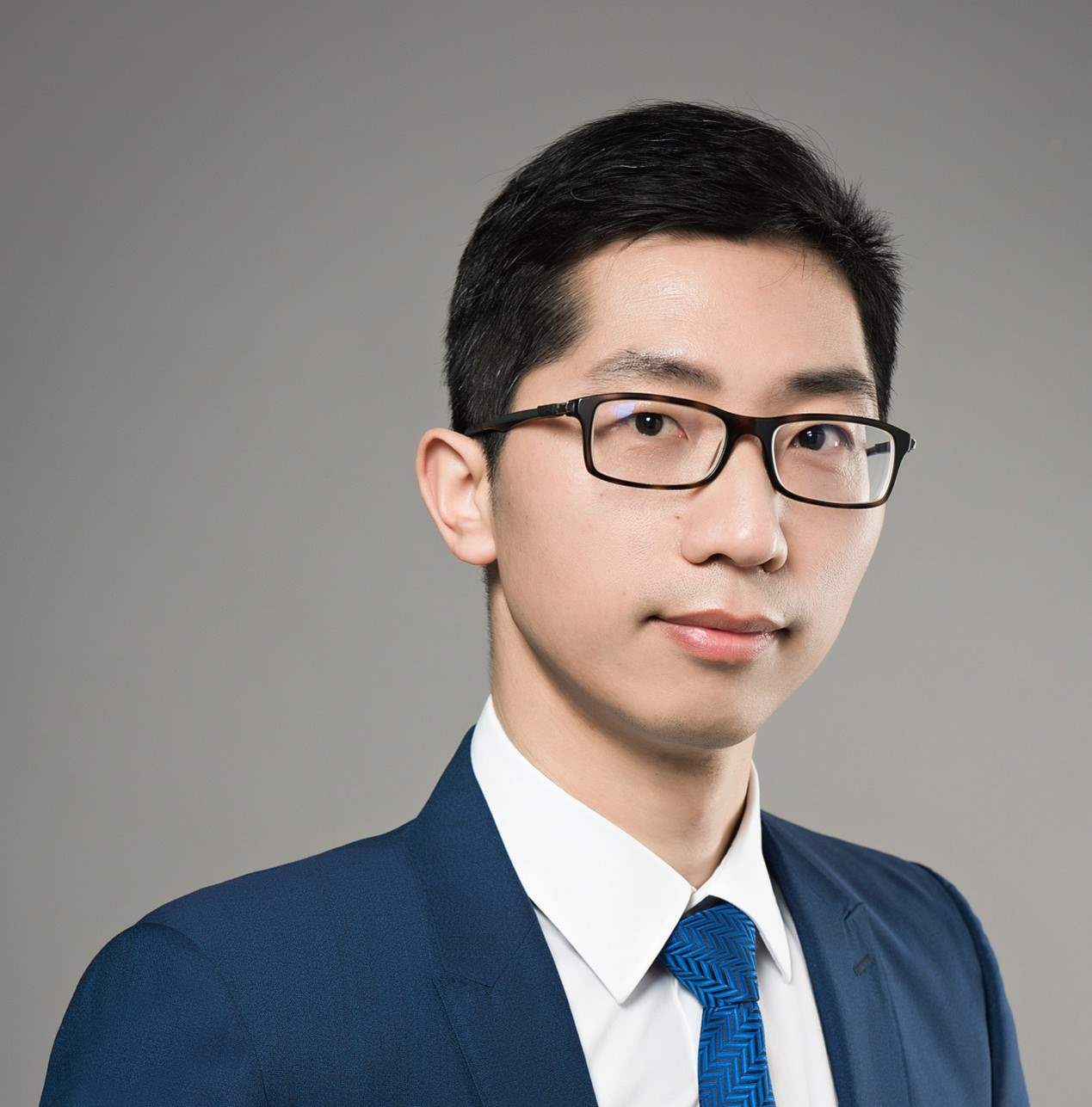
Chengliang Wang
Huazhong University of Science and Technology, China ![]()
Chengliang Wang is a full professor at the Huazhong University of Science and Technology. He received his bachelor's degree from the Nanjing University in 2005 and PhD degree from the Institute of Chemistry, Chinese Academy of Sciences, in 2010. From 2010 to 2016, he worked at the Chinese University of Hong Kong, the University of Muenster, and the Technical University of Ilmenau. He then joined in the Huazhong University of Science and Technology as a full professor. He is a Fellow of the Royal Society of Chemistry and a senior member of Chinese Chemical Society. He is working on conjugated organic and polymeric materials for optoelectronics and batteries. He has published more than 130 papers and has an h-index of 51.
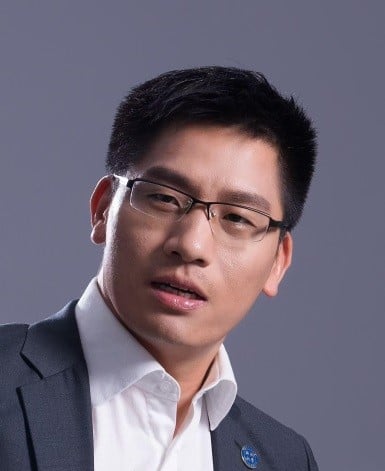
Zhichang Liu
Westlake University, Hangzhou, China ![]()
Zhichang Liu is the inaugural Chemical Principal Investigator and a tenured associate professor at Westlake University. He earned his PhD in 2010 from the Shanghai Institute of Organic Chemistry, where he was mentored by Professor Tien-Yau Luh. From 2010 to 2018, he conducted postdoctoral research in the group of Professor Sir Fraser Stoddart at Northwestern University. He received the “North America Chemical Engineering Project of the Year Award for Innovation & Excellence” and the “Highly Commended in Sustainable Technology Award for Innovation & Excellence” from the Institution of Chemical Engineers. In September 2018, Dr Liu returned to Westlake University to establish his independent research. He was promoted to tenured faculty in 2024. His primary research focus is Molecular-Strain Engineering, a field that explores the manipulation of molecular structures under mechanical strain. Dr Liu has been recognized with prestigious awards, including selection for the Zhejiang Province “Thousand Talents Program” and the “Qianjiang Talent Program”. To date, Dr Liu has published 76 papers, which have been cited over 4,500 times, and his H-Index is 38. He has also filed 12 patents, 11 of which have been granted. Dr Liu serves as a member of the Chinese Chemical Society’s Supramolecular Chemistry Committee, a council member of the Zhejiang Chemical Society, and an editorial board member of Chinese Chemical Letters and Discover Molecules.
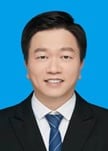
Zhicheng Zhang
Tianjin University, Tianjin, China ![]()
Zhicheng Zhang is a Professor of Tianjin University, China. He obtained his Ph.D. degree from China University of Petroleum (Beijing) in 2012 supervised by Prof. Zhichang Liu, Prof. Chunming Xu and Prof. Xin Zhang. Then he joined Prof. Xun Wang’s group as a postdoctoral researcher at Tsinghua University. In 2014, he joined Prof. Hua Zhang’s group as a research fellow at Nanyang Technological University, Singapore. In 2019, he joined Tianjin University as a full Professor. His current research interests focus on the design and synthesis of functional metal-based nanomaterials and their applications in energy conversion and catalysis. He has published more than 120 peer-reviewed papers.
Editorial Board Members
Markus Antonietti, Max Planck Institute of Colloids and Interfaces, Potsdam, Germany
Rahul Banerjee, Indian Institute of Science Education and Research, Kolkata, India
Juan Bisquert, Instituto de Tecnología Química (UPV-CSIC), Valencia, Spain
Huiming Cheng, Institute of Metal Research, CAS, Shenyang, China
Shixue Dou, University of Wollongong, Wollongong, Australia
Chunhai Fan, Shanghai Jiaotong University, Shanghai, China
Shaojun Guo, Peking University, Beijing, China
Zaiping Guo, University of Wollongong, Wollongong, Australia
Zijian Guo, Nanjing University, Nanjing, China
Wei Huang, Northwestern Polytechnical University, Xi'an, China
Irshad Hussain, Lahore University of Engineering and Technology, Lahore, Pakistan
Huiqiao Li, Huazhong University of Science and Technology, Wuhan, China
Yunqi Liu, Institute of Chemistry, CAS, Beijing, China
Kian Ping Loh, National University of Singapore, Singapore
Jian Lu, City University of Hong Kong, Hong Kong, China
Arumugam Manthiram, The University of Texas at Austin, Austin, USA
Chad A. Mirkin, Northwestern University, Evanston, USA
Panče Naumov, New York University Abu Dhabi, UAE
Paolo Samorì, Université de Strasbourg & Centre national de la recherche scientifique, Strasbourg, France
Christian Serre, École normale supérieure, Paris, France
Benzhong Tang, The Chinese University of Hong Kong, Shenzhen, China
He Tian, East China University of Science and Technology, Shanghai, China
Shuangyin Wang, Hunan University, Changsha, China
Vivian Wing-Wah Yam, University of Hong Kong, Hong Kong, China
Jun Yang, Institute of Process Engineering, Chinese Academy of Sciences, Beijing, China
Shuhong Yu, University of Science and Technology of China, Hefei, China
Yan Yu, University of Science and Technology of China, Hefei, China
Michael Zaworotko, University of Limerick, Limerick, Ireland
Qiang Zhang, Tsinghua University, Beijing, China
Tierui Zhang, Technical Institute of Physics and Chemistry, CAS, Beijing, China
Managing Editor
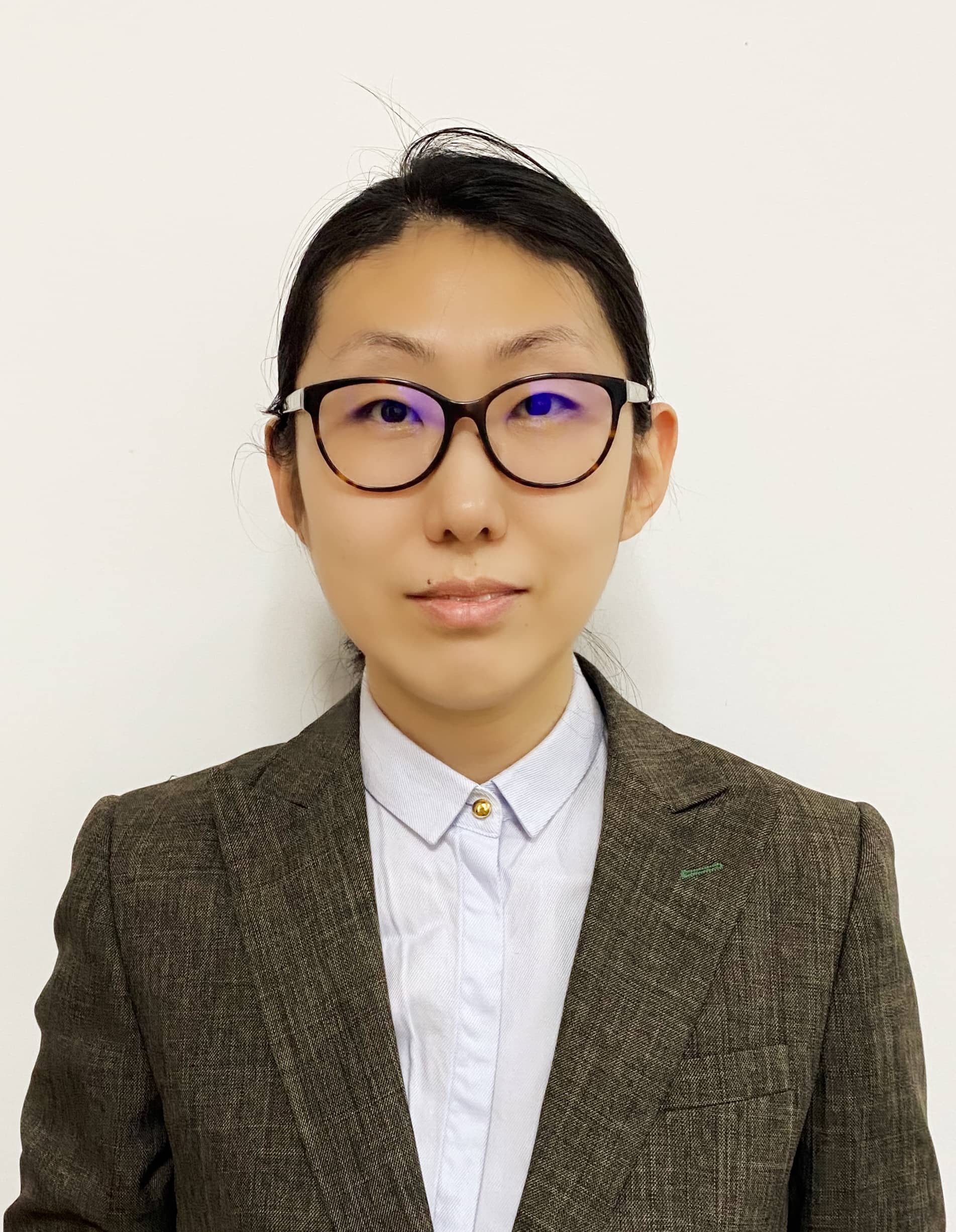
Xi Chen
Tianjin University, Tianjin, China ![]()
Xi Chen joined the Academic Journal Publishing Center of Tianjin University as an editor in 2017. She received her Ph.D. in Materials Science and Engineering from Nanyang Technological University in 2016. She has published more than 20 journal articles. Her research interest includes functionalized magnetic nanoparticles, magnetic materials for energy applications and magnetocaloric materials for energy efficient thermal management systems. She is the managing editor of SmartMat.
Academic Editors

Dechao Geng
Tianjin University, Tianjin, China ![]()
He got his B.S. degree from Liaocheng University in 2009 and Ph.D. degree from Institute of Chemistry, Chinese Academy of Sciences in 2015. Then he worked in Prof. Kian Ping Loh’s group at National University of Singapore and in Prof Hui Ying Yang’s group at Singapore University of Technology and Design. He joined Tianjin University as a full Professor in 2019. His research interest focuses on synthesis, properties and applications of 2D materials. He is an academic editor of SmartMat.

Deyang Ji
Tianjin University, Tianjin, China ![]()
He got his B.S. degree from Ocean University of China in 2009 and Ph.D. degree from Institute of Chemistry, Chinese Academy of Sciences in 2014. Then he worked in Prof. Harald Fuchs’ group at University of Münster, Germany. He joined Tianjin University as a full Professor in 2019. His research interest focuses on organic and polymeric functional materials and devices. He is an academic editor of SmartMat.
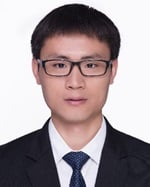
Fei Jiao
Tianjin University, Tianjin, China ![]()
Fei Jiao received his B.S. degree in chemical engineering and technology from Jilin University in 2009. Then, he completed his Ph.D. study in organic chemistry at the Institute of Chemistry, Chinese Academy of Sciences in 2014, under the supervision of Prof. Daoben Zhu. From 2014 to 2018, he worked as a postdoctoral researcher in Prof. Crispin’s group at the Laboratory of Organic Electronics in Linköping University (Sweden). He joined Tianjin University in 2018 and his research interests focus on organic thermoelectrics, organic field-effect transistors and sensors. He is an academic editor of SmartMat.

Rongjin Li
Tianjin University, Tianjin, China ![]()
He received his PhD from Institute of Chemistry, Chinese Academy of Sciences in 2009 under Prof. Wenping Hu’s supervision. From 2009-2011, he did postdoc in Prof. Hongxiang Li’s group at Shanghai Institute of Organic Chemistry, Chinese Academy of Sciences. From 2011 to 2015, he worked in Prof. Klaus Müllen’s group at Max-Planck-Institute for Polymer Research. Then, he joined in Tianjin University as a full Professor. His researches focus on 2D molecular crystals and optoelectronic devices. He is an academic editor of SmartMat.

Xiaochen Ren
Tianjin University, Tianjin, China ![]()
He got his B.S. degree from Shandong University in 2009, M.S. from The Hong Kong Polytechnic University in 2011 and Ph.D. from The University of Hong Kong in 2016. Then he joined Tianjin University as an Assistant Professor in 2017. His research interest focuses on organic field-effect transistors and printed organic electronics. He is an academic editor of SmartMat.
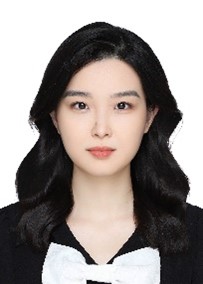
Yajing Sun
Tianjin University, Tianjin, China ![]()
She got her B.S. degree from Shandong University in 2014 and Ph.D. from Tsinghua University supervised by Prof. Zhigang Shuai in 2019. Then she joined Tianjin University and her research interests focus on theoretical computational chemistry and the data-driven development of novel materials. She is an academic editor of SmartMat
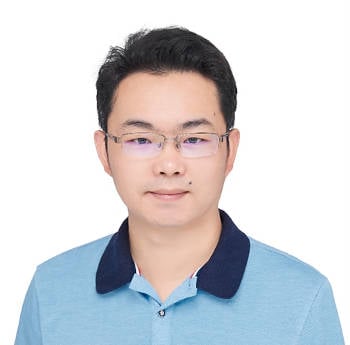
Ling Wang
Tianjin University, Tianjin, China ![]()
Ling WANG is a professor at School of Materials Science and Engineering of Tianjin University, China. He received his PhD of Materials Science in 2013 from University of Science and Technology Beijing, China. From 2013 to 2018, he worked as a Postdoctoral Research Fellow at the Advanced Materials and Liquid Crystal Institute of Kent State University (USA), and Senior Research Fellow at the Artie McFerrin Department of Chemical Engineering of Texas A&M University (USA). In October 2018, he joined Tianjin University as a full Professor, and he was promoted to Chair Professor of Tianjin University in 2024. His research interests focus on design, synthesis and properties of advanced liquid crystal materials and bioinspired soft materials, as well as their emerging applications in diverse fields ranging from adaptive camouflage, soft robotics, additive manufacturing to energy and safety issues. He is an academic editor of SmartMat.

Hui Yang
Tianjin University, Tianjin, China ![]()
He received his PhD degree in polymer chemistry and physics in 2012 under Prof. Yebang Tan’s guidance in Shandong University. Subsequently, he joined Prof. Xi Zhang’s group as a postdoc in Tsinghua University. Since 2014, as a research fellow he joined in Prof. Xiaodong Chen’s group in Nanyang Technological University. In 2018, he joined in Tianjin University as a full Professor. His research interest includes flexible electronics, artificial intelligence, biomimetic materials and biomaterials. He is an academic editor of SmartMat.

Xi Yu
Tianjin University, Tianjin, China
![]()
Dr. Yu got his B.S. and master degree from Jilin University in 2003 and 2006, where started his research career on polymer self-assembly and surface physical chemistry. He finished his Ph.D. study in University of Massachusetts Amherst in 2012 with the research on nanoparticle assembly and functional materials. Then he worked as post-doc researcher in Weizmann Institute of Science, focusing on charge transport dynamics in protein till 2016. He joined Tianjin University in 2016 and his present research interest is the molecular scale electronics and quantum transport in molecular system. He is an academic editor of SmartMat.
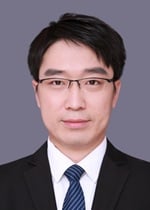
Xiaodong Zhang
Tianjin University, Tianjin, China ![]()
Prof. Xiaodong Zhang is a Chair Professor of Tianjin University. He received his PhD degrees from Tianjin University and continued to achieve the postdoctoral research at Stanford University. He is elected as the “Chief Scientist” of the National Key R&D Program, the "Ten Thousand Talents Program" of China. His research interests focus on biomaterials, nanomedicine, and optical imaging. He has published more than 100 papers with more than 13000 citations. He has been selected as the Highly Cited Researchers (Clarivate) and Highly Cited Chinese Researchers (Elsevier).
Consulting Editors
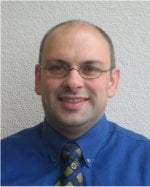
José Oliveira
John Wiley & Sons, Inc.
José Oliveira obtained his B.Sc. (Hons) and Ph.D. at the University of the Witwatersrand, Johannesburg. Before joining Wiley in 2001, he worked at the University of Antwerp. He is the Editor-in-Chief of Small.
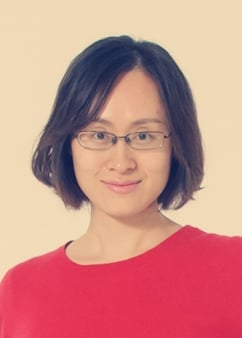
Jing Zhu
John Wiley & Sons, Inc.
Jing Zhu completed her Ph.D. from Shanghai Jiao Tong University in 2011, during this period, she studied and worked in Guelph Food Research Centre, Agriculture and Agri-Food Canada as a joint Ph.D. student for 2 years. Jing joined Wiley in July 2011 as a journal Editor and is based in Wiley’s Shanghai office.
Publisher
Carson Xing
John Wiley & Sons, Inc.
Carson Xing obtained his Master Degree at Beijing Jiaotong University. He has more than 5 years publishing experience, and now focuses on publishing development. He joined Wiley in 2024.





